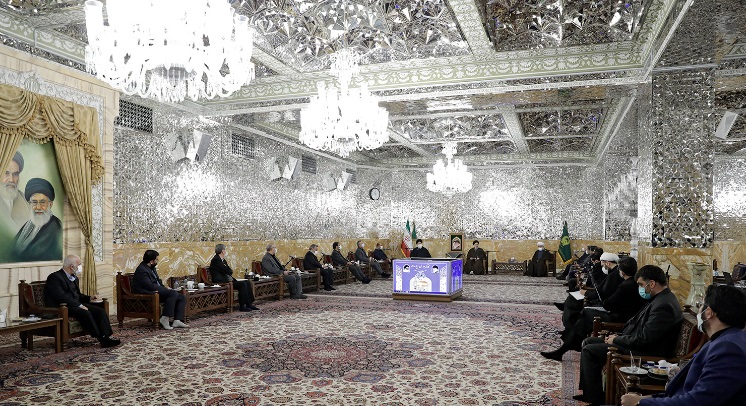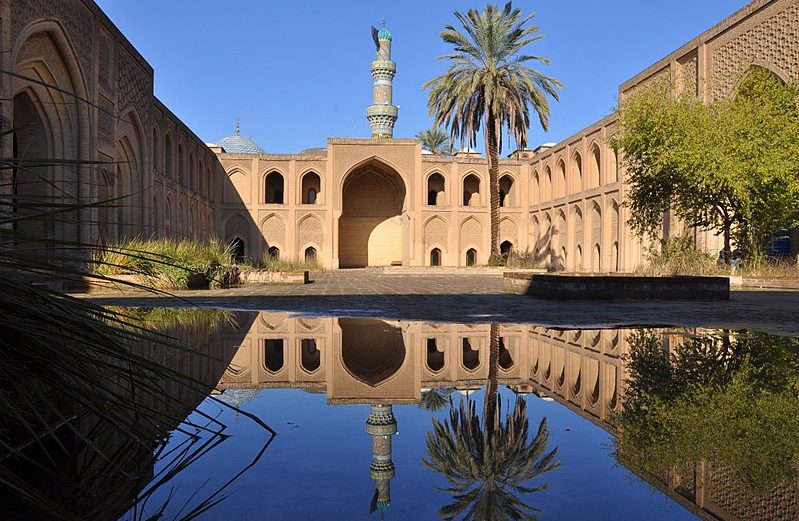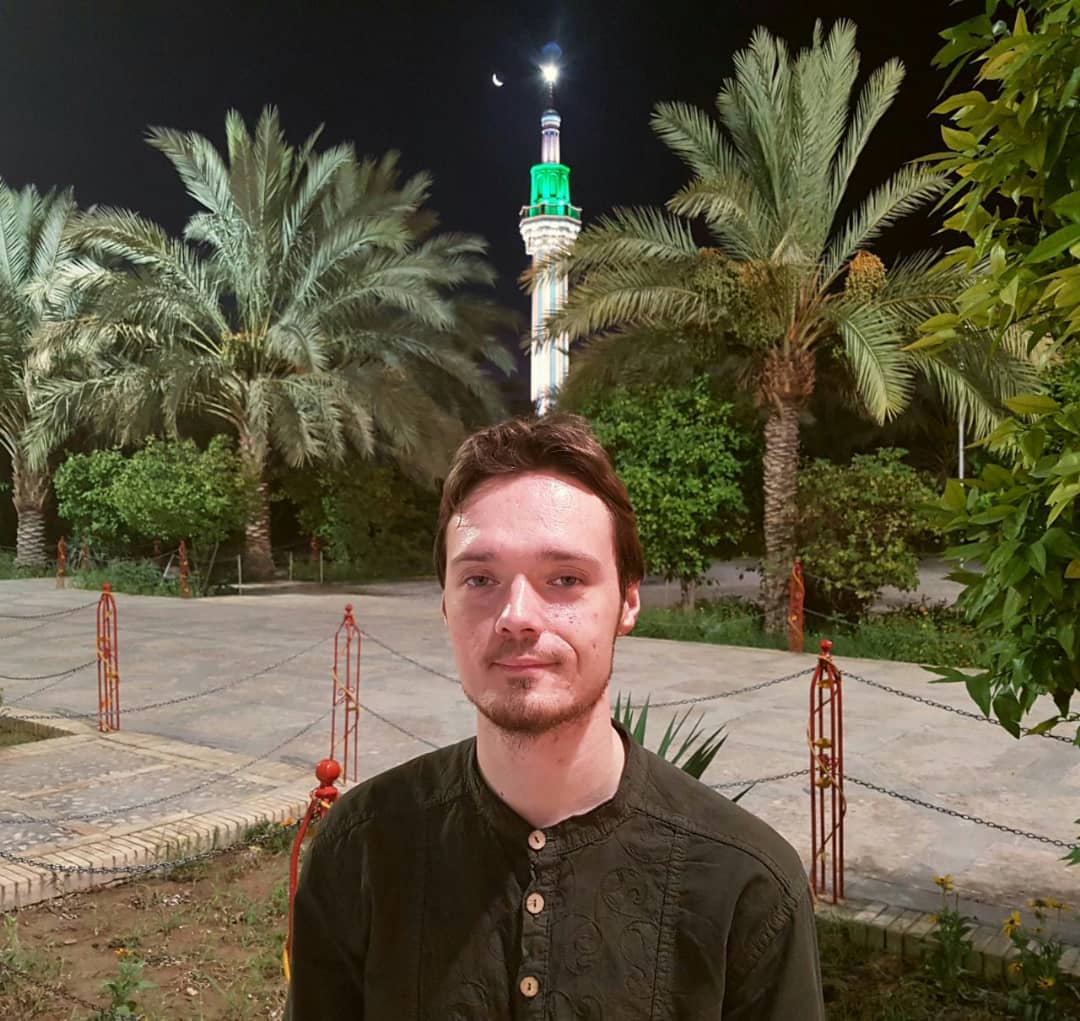According to rahyafte (the missionaries and converts website):Resources for Learning:
Books:
“The Meaning of the Holy Qur’an” translated by Abdullah Yusuf Ali “The Sealed Nectar: Biography of the Noble Prophet” by Safi-ur-Rahman al-Mubarakpuri
In the Footsteps of the Prophet: Lessons from the Life of Muhammad” by Tariq Ramadan
“The Essential Rumi” translated by Coleman Barks (for exploring Sufi poetry)
“Introduction to Islamic Theology and Law” by Ignaz Goldziher “An Introduction to Shia Islam: The History and Doctrines of Twelver Shiism” by Moojan Momen
“The Succession to Muhammad: A Study of the Early Caliphate” by Wilferd Madelung
“The Spirituality of Shi’i Islam: Beliefs and Practices” by Mohammad Ali Shomali
“Peshawar Nights: Shia Islam in Sunni Traditions” by Sultanu’l-Wa’izin Shirazi
Online Courses and Educational Websites:
SeekersGuidance: Offers a variety of free courses on Islamic theology, jurisprudence, spirituality, and more. (seekersguidance.org)
Islamic Online University: Provides structured courses on various Islamic subjects, accessible to learners around the world. (islamiconlineuniversity.com)
Al-Madina Institute: Offers online courses on spirituality, Sufism, and Islamic studies. (almadina.org)
Bayyinah Institute: Provides courses on Arabic language and Quranic studies. (bayyinah.com)
Al-Maghrib Institute: Offers a range of online courses and seminars on different aspects of Islam. (almaghrib.org)
Yaqeen Institute for Islamic Research: Offers research articles, videos, and infographics on a wide range of Islamic topics. (yaqeeninstitute.org)
Al-Mizan Institute: Offers online courses and resources on Shia theology, jurisprudence, and spirituality. (almizan.org)
Al-Islam.org: Provides a vast collection of articles, books, and multimedia resources related to Shia Islam. (al-islam.org)
Jafariyanews: Offers news, articles, and resources related to Shia Islam and global Shia communities. (jafariyanews.com)
The Islamic College: Provides online courses on various aspects of Shia theology, philosophy, and Islamic studies. (islamic-college.ac.uk)
Ahlul Bayt Digital Islamic Library Project: Offers a comprehensive digital library of Shia texts, including Hadith, history, and theology. (al-islam.org/library)

Local Community Engagement:
Mosques and Islamic Centers: Regularly attending prayers and Friday sermons and participating in community events at local mosques can provide opportunities for learning and building relationships.
Study Circles (Halaqas): Many mosques and Islamic centers host study circles where individuals gather to learn and discuss various aspects of Islam. It’s a great way to deepen your knowledge and connect with fellow Muslims.
Lectures and Workshops: Keep an eye out for lectures and workshops hosted by knowledgeable scholars and speakers. These events often cover a wide range of topics and provide valuable insights.
Mentorship: Seeking guidance from knowledgeable and experienced Muslims in your community can be immensely beneficial for your journey of learning and spiritual growth.
Online Forums and Social Media: Engage with reputable online Islamic forums and social media accounts that provide accurate and reliable information.
Local Classes and Workshops: Look for classes on Quranic recitation, Arabic language, and Islamic history offered by local institutions.
Husayniyahs and Islamic Centers: Shia mosques and centers often host lectures, study circles, and events focusing on Shia theology and practices.
Majalis: These are gatherings held during the Islamic months of Muharram and Safar to commemorate the martyrdom of Imam Hussain and his companions. Attending majalis provides insights into Shia history and spirituality.
Ziyarat (Pilgrimage): If possible, consider visiting holy Shia sites such as the shrines of the Imams in Iraq, Iran, or other locations. These visits can be spiritually enriching.
Ayatollah Websites: Many prominent Shia scholars have official
websites where they share lectures, writings, and resources. Examples include websites associated with Ayatollah Sistani or Ayatollah Khamenei.
Participate in Mourning Rituals: Engaging in practices like Matam (ritual mourning) and reciting elegies (Nohas) during mourning periods can help you connect with Shia traditions and spirituality.
Remember, the journey of learning in Islam is ongoing, and it’s important to approach it with an open heart and a willingness to seek knowledge from authentic and reliable sources. Engaging with both Sunni and Shia communities can provide a holistic understanding of Islam’s rich diversity while strengthening your connection to the global Muslim ummah.



















